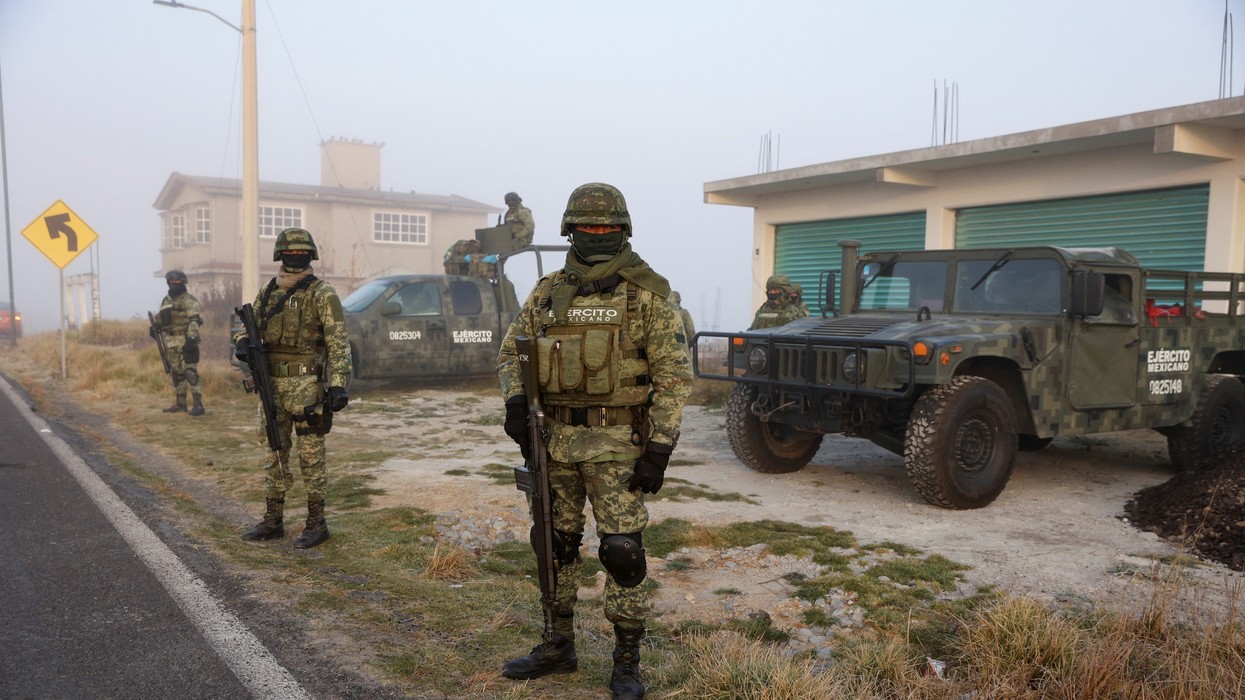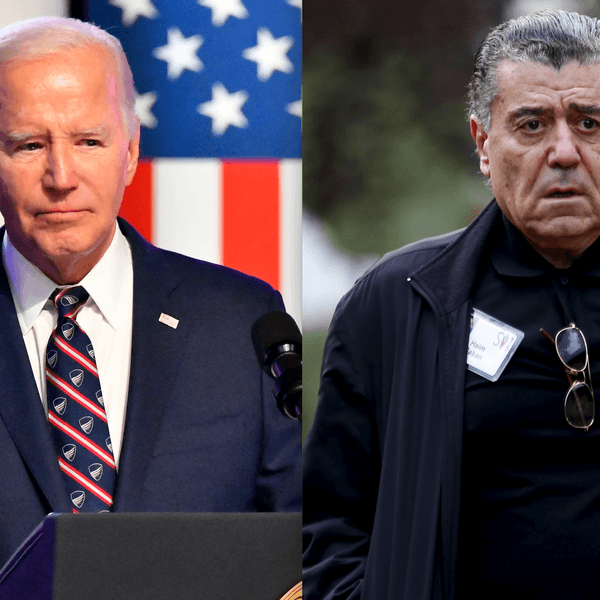The Biden administration is seeking a five-year extension of the New START treaty, which limits Russian and U.S. strategic nuclear arsenals. The announcement led to some criticism, albeit misplaced, as is clear from what Marshall Billingslea, the Trump administration’s nuclear negotiator, had to say on the subject.
The new administration’s decision “shows a stunning lack of negotiating skill,” sniffed Billingslea—whose own negotiating skill evidently was insufficient to produce any new strategic arms agreement on his watch. The “leverage” that Billingslea says the Biden team has “squandered” didn’t yield any limitations of Russian weapons systems during the Trump team’s tenure.
If no extension is agreed to by February 5, New START would expire. It is unlikely the new administration could achieve agreement in a couple of weeks using the same approach the outgoing administration used, and failed with, for months.
There are indeed other Russian weapons systems that need to be considered, and New START should be looked at in the context of arms control generally. But the administration’s decision in favor of a five-year extension — the maximum that, under the terms of the treaty, the two parties can agree to — is consistent with several sound principles applicable not only to arms control but to diplomacy generally.
First, extending the treaty for five years demonstrates a commitment to arms control and an effort to restore momentum to it. Strategic arms control was central to keeping a lid on U.S.-Soviet conflict during the Cold War, and Russia’s nuclear arsenal is the most important legacy it inherited from the USSR. Much of the earlier momentum was lost during the Trump administration, which showed more of a penchant for exiting international agreements than for negotiating them. Most notable in this respect regarding nuclear weapons was its decision to exit the treaty on intermediate-range nuclear forces.
For the United States to demonstrate a commitment and restore momentum is even timelier with the entering into force a few days ago of the multilateral treaty on the prohibition of nuclear weapons. Even though the United States is no more ready to abolish its nuclear arsenal than the other eight nuclear weapons states, it is still obligated under the Nuclear Nonproliferation Treaty to work in good faith toward that goal.
Second, the Biden administration’s opting for a clean extension of the existing New START treaty avoids the folly of loading up the agenda for any one negotiation with too many objectives. Such loading is apt to mean an overload, with pursuit of the perfect being the enemy of the good, and the result being no agreement at all. Effectively addressing short-range systems or other weapons of concern is best accomplished not by stuffing everything into one negotiation, but instead by using an extended and revalidated New START as a common ground from which to negotiate on related topics.
There is a parallel with the issue of re-establishing compliance with the Joint Comprehensive Plan of Action, the multilateral agreement that restricts Iran’s nuclear activities. Aspirations to load up a new negotiation with other issues have been a failure there, too. Negotiations with Russia are like negotiations with Iran in that restoring an existing agreement and keeping it on firm ground provides the trust on which additional diplomacy and new agreements can be based.
Third, seeking the maximum extension of five years — rather than a much shorter period, as some have proposed — recognizes that new negotiations on technically complicated subjects can take a long time and usually longer than anticipated. The argument that the Russians would feel squeezed by an impending deadline seems to forget that the U.S. side could feel rushed by deadlines as well.
A fourth principle, related to implied threats associated with deadlines, is to think carefully about exactly what one is threatening and whether it would be in one’s interest to execute the threat. If New START were to expire next month, would this mean that the United States would embark on a new build-up of long-range nuclear weapons? Doing so would not appear to serve any strategic purpose for the United States and instead could trigger a new nuclear arms race.
Fifth, the Biden administration’s decision avoids the all-too-common mistake of zero- summing every issue. Just because the Russians have already declared they favor an extension of New START does not ipso facto mean that such an extension is bad from a U.S. standpoint. Building on parallel or intersecting interests is what international negotiation is all about.
A sixth and related principle is to avoid the mistake of regarding a competing power in absolute terms in which the only alternatives are conflict or cooperation. Debate about policy toward China too often takes on such an either-or character, which is just as much a mistake in discussing policy toward Russia.
The Biden administration already has indicated that it will not let slide — as Trump often did —troubling aspects of Russian behavior, including interference in U.S. elections and cyber intrusions. There is nothing inconsistent about firmly and conscientiously addressing these problems while cooperating with Moscow on the shared interest in limiting nuclear arms.















